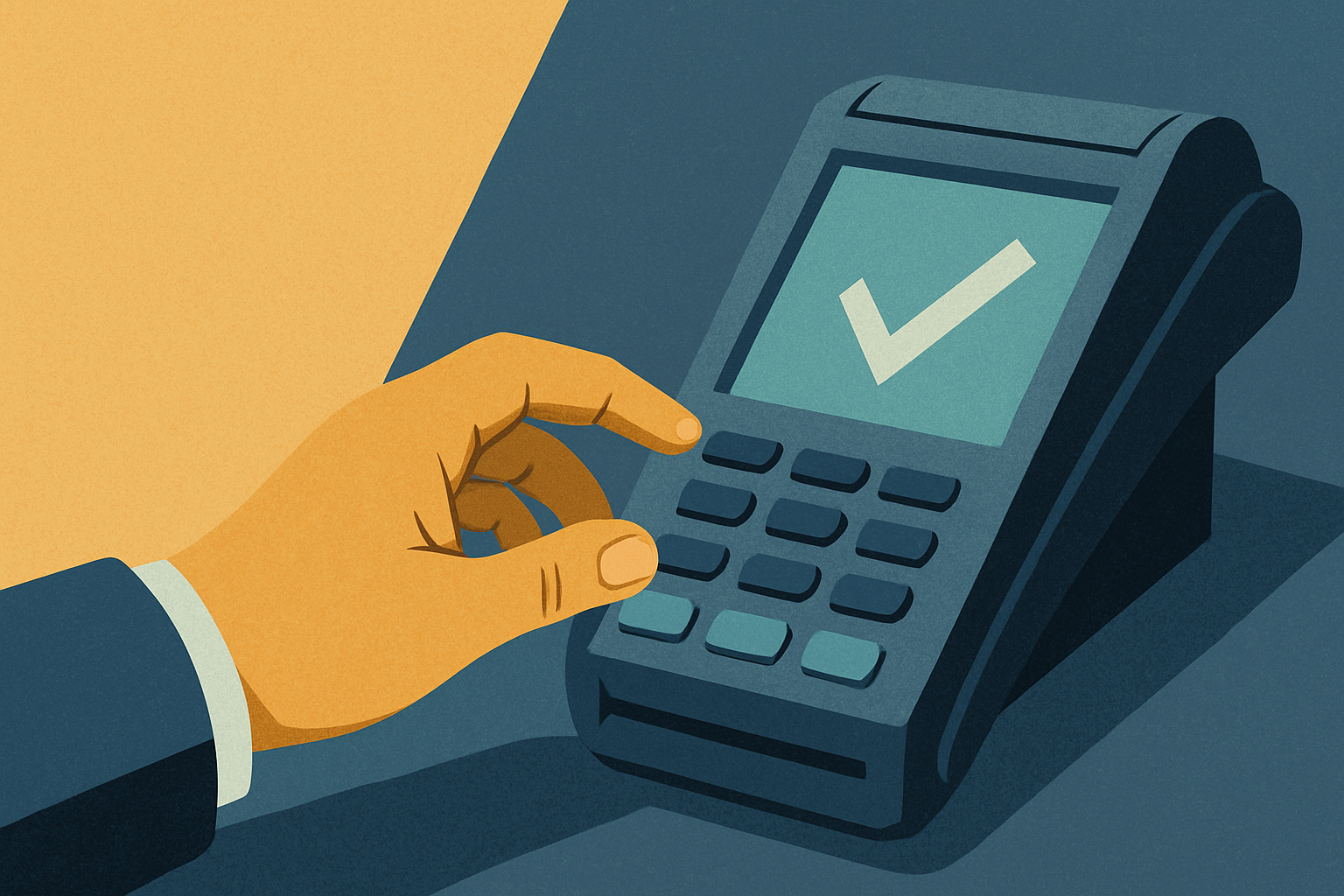UK retail sales volumes rose by 0.9% in June 2025, marking a rebound from May’s steep 2.8% decline, but the increase fell short of analyst expectations and left underlying pressures on the sector unresolved.
Official figures released by the Office for National Statistics (ONS) showed that year-on-year, retail volumes were up 1.7%, though still 1.6% below pre-pandemic levels recorded in February 2020. The modest recovery, powered by England’s warmest June on record, saw shoppers spend more on food, fuel, and online purchases. Food-store volumes climbed 0.7%, automotive fuel jumped 2.8% — the largest monthly gain since May 2024 — and online sales rose 2.3%, lifting e‑commerce’s share of total retail to 27.8%.
Despite the month’s positive headline number, the market reaction was subdued. Economists had expected a 1.2% rise, and sterling drifted lower on the news. The broader economic backdrop remains mixed, with inflation re-accelerating to 3.6% and the Bank of England holding the base rate at 4.25%. Consumer confidence is also fragile: GfK’s July survey recorded a reading of -19, while household saving intentions reached their highest level since 2007.
Retailer performance reflected the split fortunes across the sector. Sainsbury’s reported first-quarter sales up 4.9%, citing a “tailwind” from the hot weather and steady demand for groceries. Greggs, by contrast, issued a profit warning after the heatwave deterred customers from buying hot snacks, sending its shares down as much as 15% in early July.
David Morrison, Senior Market Analyst at Trade Nation, commented: “In June 2025, UK retail sales volumes increased by 0.9%, rebounding from a 2.8% fall in May, with the rise largely attributed to warm weather boosting food, fuel, and online sales. Quarterly sales volumes (Q2 vs. Q1) also rose slightly by 0.2%, and were up 1.7% year-over-year, although they were still 1.6% below pre-pandemic levels. Most retail sectors experienced growth, particularly supermarkets, automotive fuel, and online retailers, driven by promotions and favourable weather conditions. However, some non-food areas, such as household goods and second-hand retailers, saw declines due to reduced footfall. Online sales values rose by 2.3% in June and 4.5% annually, increasing the online share of total retail sales to 27.8%.”
Morrison added: “Yet another piece of disappointing UK data. While retail sales have bounced back from last month’s dismal reading, the recovery was weaker than hoped. Sterling fell on the news as the numbers boost the argument that the Bank of England should cut interest rates further. But unfortunately, despite a steady stream of weak economic data, inflation looks far too high for the Bank to justify easing monetary policy.”
With inflation ticking higher and consumers showing caution, attention now turns to the Bank of England’s next rate decision on 7 August and the ONS’s July retail figures, due 22 August. Many analysts see the June figures as a short-term bounce, with the summer outlook hinging on further data and evolving consumer sentiment.




